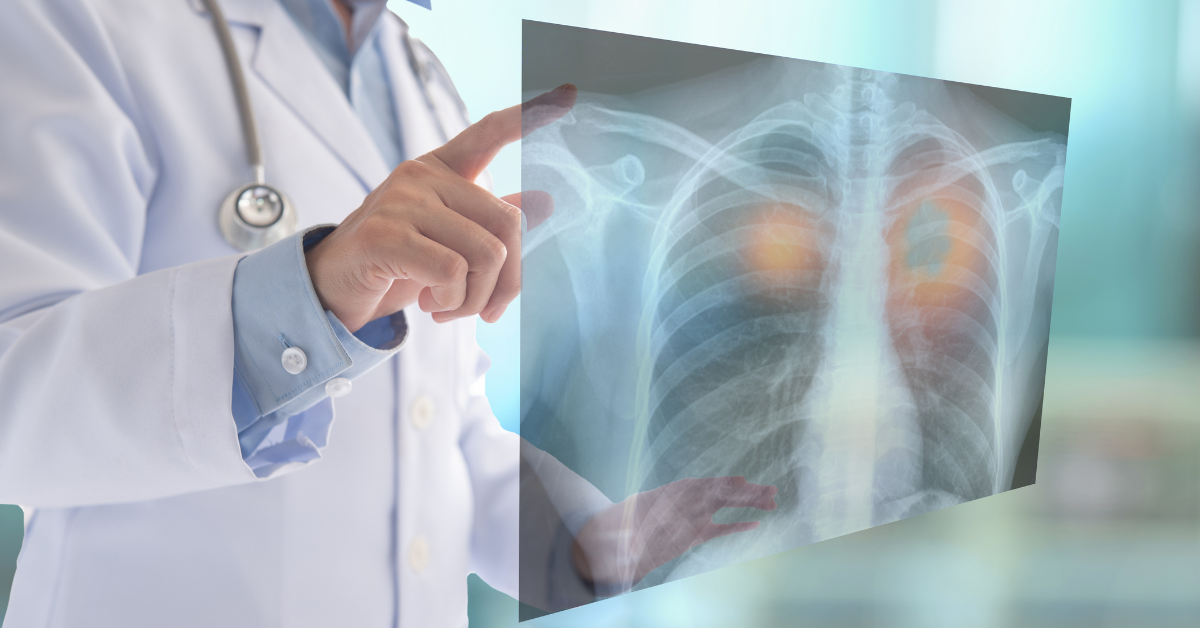Lung cancer remains one of the most common and serious cancers in Singapore. Many patients are diagnosed only when the disease has advanced, limiting treatment options. However, early detection through lung cancer screening significantly improves the chances of successful treatment and better survival outcomes.
In this article, we explain lung cancer in Singapore, available screening and diagnostic options, and how you can take proactive steps to protect your health.
Back to Big Story: Lung Cancer Screening
Understanding Lung Cancer in Singapore
Lung cancer develops when abnormal cells grow uncontrollably in the lungs. While smoking is a major risk factor, non-smokers are not immune. Other causes include second-hand smoke, family history of cancer, long-term exposure to environmental toxins, and genetic predispositions.
In Singapore, lung cancer is among the top causes of cancer-related deaths in both men and women, highlighting the importance of early detection.
Why Screening Matters
Symptoms such as persistent cough, unexplained weight loss, breathlessness, and chest pain often appear only in advanced stages of lung cancer. Screening provides an opportunity to detect cancer early, when treatment is more effective and survival rates are higher.
Who Should Consider Lung Cancer Screening?
Doctors may recommend screening if you:
- Are aged 50 to 80 years old.
- Have a history of heavy smoking (20 or more pack-years).
- Are a current smoker or quit within the last 15 years.
- Have a family history of lung cancer.
- Have been exposed to asbestos, radon, or other carcinogens.
If you fall into these groups, it is advisable to consult a doctor regarding lung cancer screening.
Lung Cancer Screening and Diagnostic Options in Singapore
1. Low-Dose Computed Tomography (LDCT)
Currently the most effective screening method. LDCT uses lower radiation than a standard CT scan and can detect small nodules before symptoms appear.
2. Chest X-Ray
Historically used, but less sensitive than LDCT. It may still be offered in basic health screening packages for initial lung assessment.
3. Sputum Cytology
A laboratory test that examines mucus (sputum) from the lungs for cancerous cells. It is less sensitive than imaging but may support other tests.
4. Positron Emission Tomography (PET) Scan
Often used after an abnormality is detected. A PET scan shows how tissues and organs are functioning, helping to determine whether a nodule is cancerous.
5. Bronchoscopy
A minimally invasive procedure where a thin tube with a camera is inserted into the airways. It allows doctors to visually inspect the lungs and collect tissue samples.
6. Biopsy
If suspicious nodules are detected, a biopsy may be required. This can be done through bronchoscopy, needle aspiration, or surgery.
Lung Screening Packages You May Consider
In Singapore, many hospitals and medical centres offer lung cancer screening as part of their health screening programmes. Options include:
- Basic Lung Cancer Screening – LDCT scan and consultation.
- Comprehensive Screening – LDCT plus additional tests such as tumour markers, pulmonary function tests, or chest X-ray.
- Executive Health Screening – Full-body health check-ups with lung cancer screening included.

Reach out to us for guidance on choosing the right package or specialist for your lung cancer screening and treatment.
Frequently Asked Questions (FAQs)
1. What is the most reliable test for lung cancer screening?
Low-dose CT scan is currently the most reliable method for lung cancer screening, as it can detect abnormalities at an early stage.
2. How much does lung cancer screening cost in Singapore?
Costs vary depending on the hospital and package. Basic packages may start from a few hundred dollars, while comprehensive screenings may cost more. Contact us for current pricing options.
4. Is lung cancer screening covered by insurance?
Some insurance policies or corporate health programmes may cover screening. It is best to confirm with your insurer.
5. What happens if my screening shows an abnormality?
Your doctor may recommend further tests such as PET scans, bronchoscopy, or biopsy to determine if the abnormality is cancerous.
Disclaimer: 365Asia aims to provide accurate and up-to-date information, our contents do not constitute medical or any professional advice. If medical advice is required, please consult a licensed healthcare professional. Patient stories are for general reading. They are based on third-party information and have not been independently verified.




